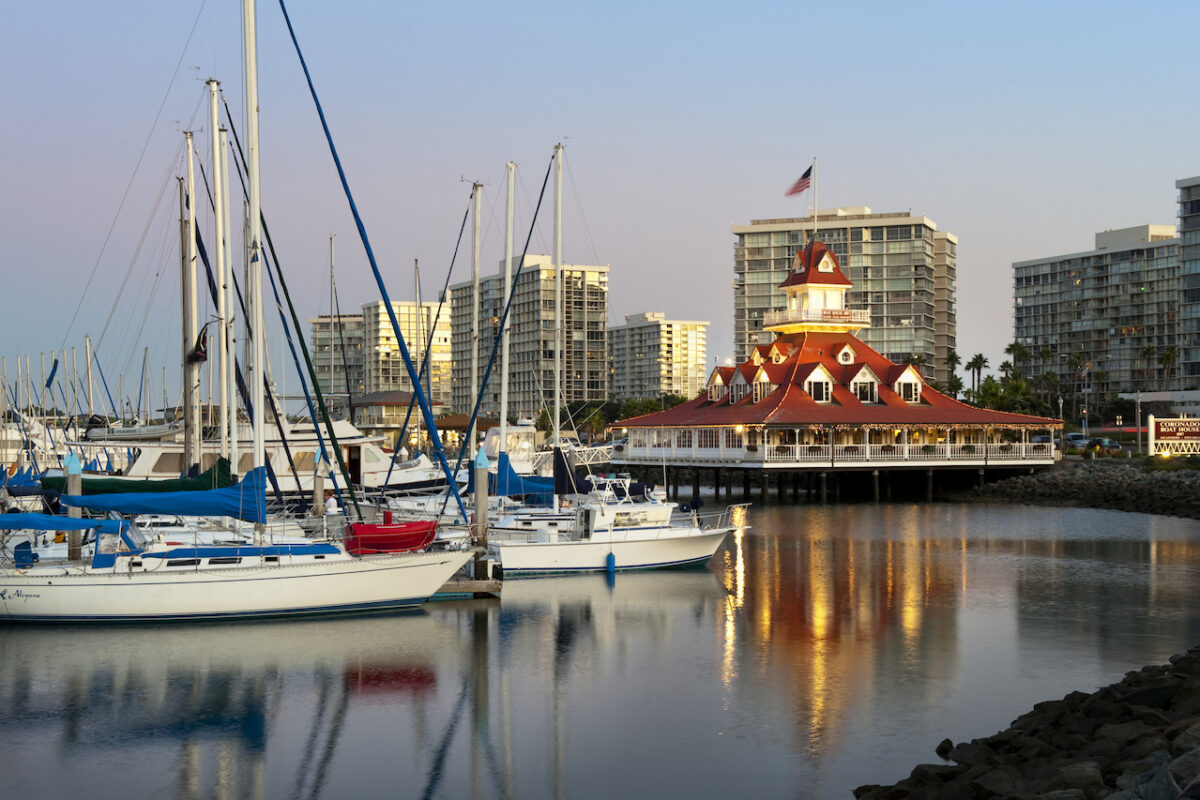Skift Take
The new Hybrid City Alliance is designed to enable far-flung destinations to join forces for multi-hub hybrid events, but many top destinations are noticeably absent and it’s not clear exactly what has changed about member service offerings. Is it a timely and necessary solution or just a commitment to continue offering the same services?
With international travel still hamstrung by Covid-19 variants and uneven vaccine rollouts, hybrid meetings linking multiple destinations are a likely solution for the foreseeable future. Designed to help facilitate such events, the Hybrid City Alliance (HCA) is a global network of 18 destinations in Europe, the Americas, Africa, Asia and Australia that can serve as a single point of contact for event organizers.
Since launching in December with four founding destinations (The Hague, Ottawa, Prague and Geneva), HCA has added two cities in Canada (Winnipeg and Edmonton), six in Europe (Liverpool, Antwerp, Lausanne-Montreux, Zurich, Cannes), three in Asia (Taipei, Seoul, Fukuoka) as well as Quito, San Jose (Costa Rica), Sydney and Durban.
While growth is steady, the roster has yet to include many first-tier destinations — or any city in the U.S. as of the time of writing. As a knowledge sharing apparatus, the HCA is an interesting concept, and it’s likely a useful way for smaller destinations to avail of each others’ business.
But what are the material benefits for a planner choosing to go with an HCA destination? What exactly is being promised that a destination wouldn’t normally offer?
What Is Motivating Cities to Join Up?
For Sydney, HCA membership is seen as a way to boost its involvement with hybrid events, which are becoming a “core client requirement,” said Peirui Tan, Director-Europe & North America for BESydney.
As is true for many cities, the pandemic’s blow to travel first brought a need to support clients with virtual platforms and, more recently, to combine them with live events in hybrid formats, according to Tan. The HCA therefore serves as a marketing-oriented claim, a badge of hybrid capability.
“Joining HCA enables Sydney to profile its world-class physical and virtual event infrastructure along with like-minded destinations to present a global solution for clients seeking hybrid and multi-city events solutions. It also enables Sydney to share and learn global best practices.”
– Peirui Tan, Director-Europe & North America, BESydney
But it also stands to support destination partnerships with other cities at a similar market size. Stephanie Lynch, manager of partners and projects for Explore Edmonton, believes membership in HCA will give Edmonton the chance to connect with cities it has not had interaction with in the past.
“We have already been in contact with Liverpool and Fukuoka, and this will help strengthen our relationship,” she said. “Our team knows that the way to success is by taking a collaborative approach.”
Given the still uncertain nature of international travel, Lynch said HCA holds benefits for event organizers as well as DMOs. “It gives clients a solution to execute their events safely and potentially increase their audience reach.”
The latter is presumably achieved by having a ready network of partners who are accustomed to working with one another, and who share complementary intellectual capital assets.
While HCA’s services are expected to resonate with all of Edmonton’s key event market segments, including technology and energy, Lynch believes association clients will especially benefit through increased opportunity for attendance building and knowledge exchange.
For Sydney, facilitating hybrid events with global partners will particularly resonate with both the tech and medical industries, Tan said. “In Australia, where we were already leading in tech-enabled remote health solutions, practitioners in those sectors welcomed the rapid technology enhancements to connect their networks across our region.”
Is the HCA a Timely Solution?
Event technology consultant Corbin Ball thinks that HCA is an “excellent idea” in sync with his conviction that hybrid meetings are more than a short-term solution to travel obstacles, but something that will increasingly represent a major “market share of the event pie.”
“A natural way to do this is by having pods of regional meetings tied together by different locations, precisely what HCA is trying to do — facilities that are properly set up for hybrid around the world and are used to working with each other,” he said. “This will provide a face-to-face international environment for regional groups without the cost, time and environmental impact of flying long distance.”
But multi-hub events will likely happen with or without a specific hybrid-oriented alliance. What does the HCA offer in this regard that wouldn’t normally be provided by a lone destination willing to host one part of a multi-hub event?
For Ball, such an alliance of DMOs is likely to bring more consistency and quality control to hybrid events.
“The risk of hybrid production problems could be substantially reduced as the facilities build out their hybrid event capabilities to a common standard and have all worked together with other hybrid events.”
– Corbin Ball, Corbin Ball & Co.
Ball is hopeful that more cities, including those in the U.S., will participate in HCA. While marketing alliances between destinations are nothing new, he noted that HCA takes the concept a step further by “providing regional meeting spaces and tying groups together as a larger integrated group through multi-hub hybrid technology.”
What About Other Tier 1 Destinations?
Among first-tier destinations that don’t feel the need to sign on with HCA is London & Partners, where Tracy Halliwell, the director of Tourism, Conventions & Major Events acknowledged that sharing knowledge and best practices is always welcome, but noted that most first-tier destinations already deliver on the essential promises implicit in something like the HCA.
“London’s strategy is to build on existing relationships and work with our clients in partnering with relevant destinations for their audiences,” said Halliwell, adding that London is already “on top of it” as a participant in multi-destination and hybrid events and has no immediate plans to join something like HCA. London works closely with European Cities Marketing, a group of European tourism and convention bureaus, as well as first-tier destinations overseas such as New York, Singapore and Sydney.
Moreover, many hybrid-ready venues and event production companies are themselves global operators, so much of the work in facilitating multi-destination hybrid events is handled by the properties themselves. Connecting planners with capable venues and suppliers to “unlock” the destination has always been part of the role of a DMO or CVB, says Halliwell, adding that most also have an index of “hubs of expertise,” or destinations that offer relevant or complementary intellectual capital.
While Halliwell believes that hybrid events are going to remain important, she said “they will not likely be the thing of the future — the live audience is key.” In the meantime, Halliwell is taking a bespoke approach to facilitating hybrid events with multiple destinations.
IN CONCLUSION
The Hybrid City Alliance is addressing the need for some destinations to position themselves as participants in the increasingly important sphere of multi-hub hybrid events. Other benefits are stronger relationships between cities, especially those with similar markets, and the ability to provide event organizers with a single point of contact for multi-hub events.
However, not all destinations, particularly those in the top tier, may feel the need to sign on. As their role in hybrid events is a given, the marketing incentive of profiling their hybrid capabilities as a differentiator is limited, and most, like London, likely already have a robust partner network to leverage.
In terms of the material benefits for event planners, smaller events that would normally have chosen a member city but considered moving their event to a larger destination in search of more robust hybrid infrastructure can rest easier knowing that HCA member cities not only prioritize hybrid but ostensibly benefit from the hybrid expertise of all their partners.





